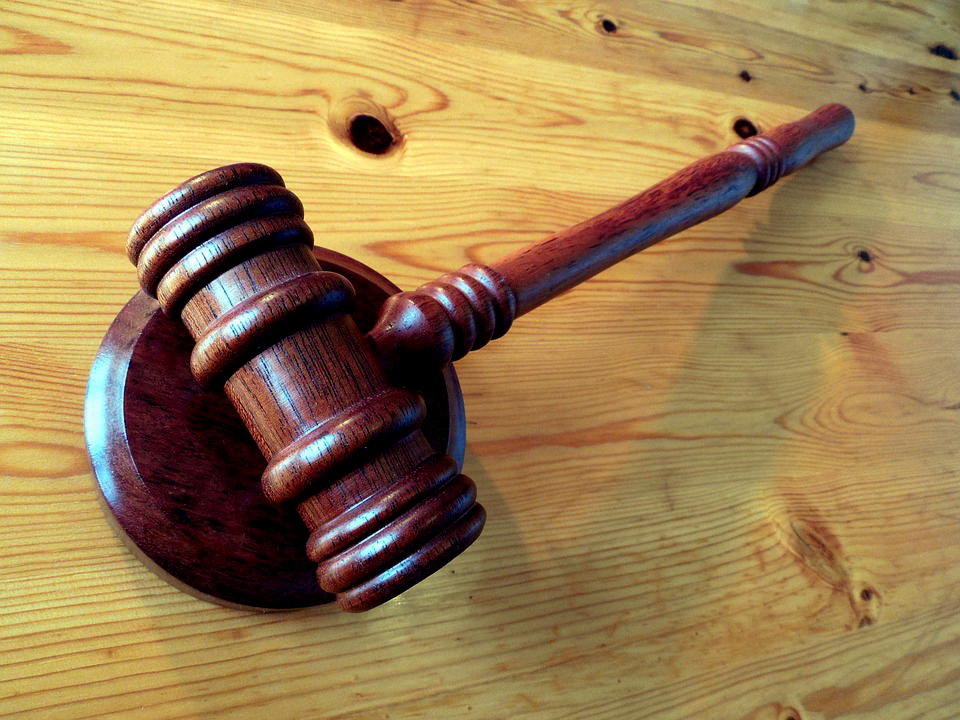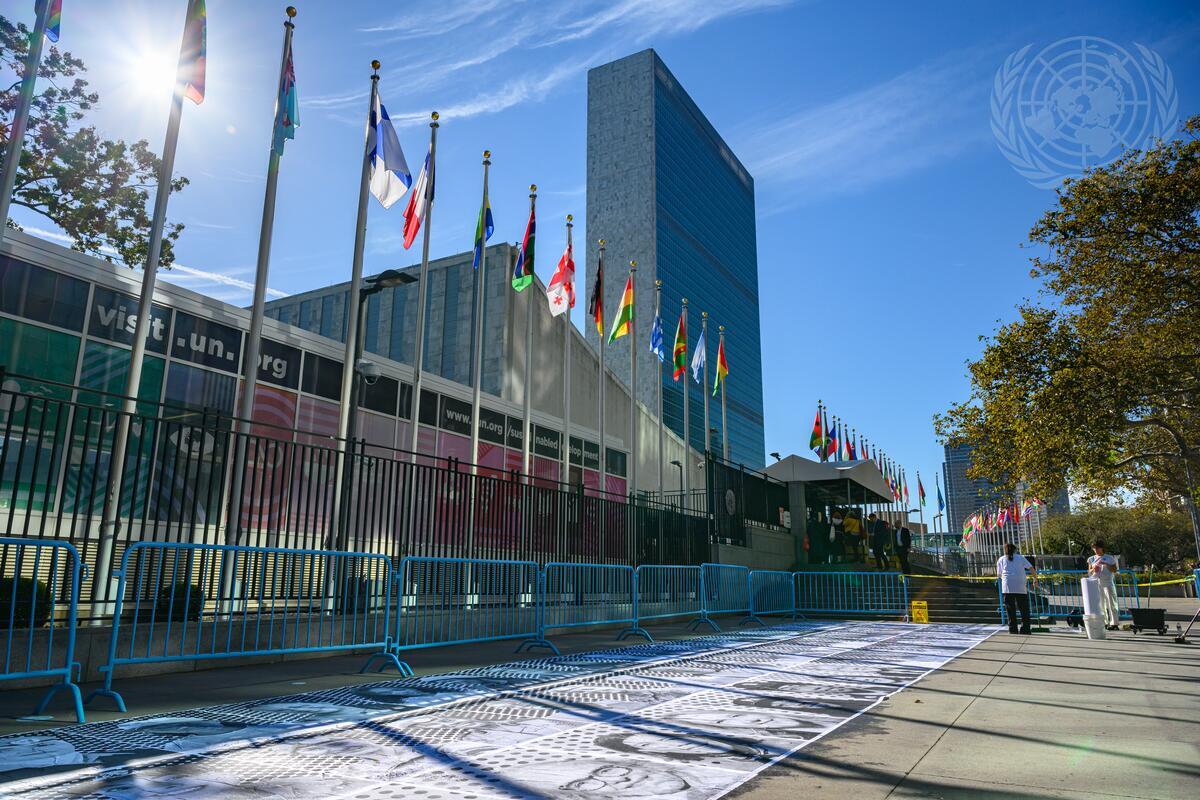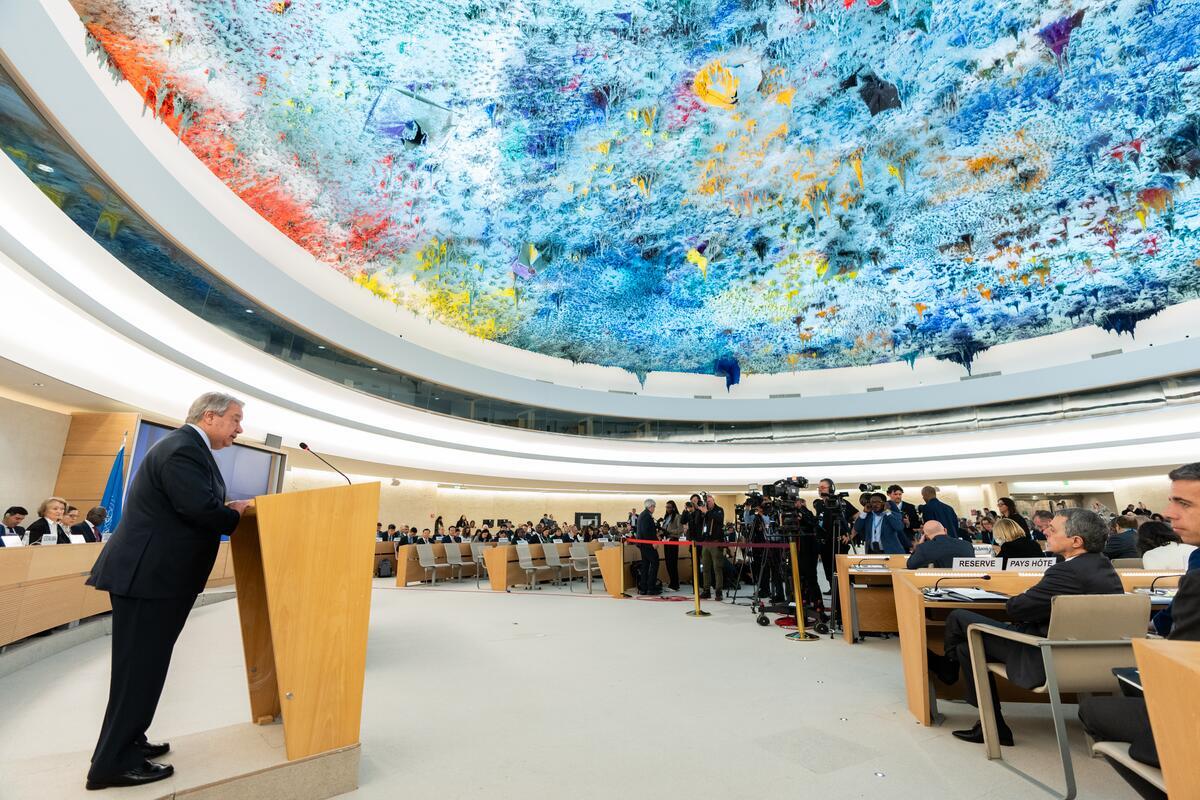International jurisprudence
In the case of ‘X v. Cambodia’ the UN Committee on the Elimination of Discrimination against Women (CEDAW) found that the Cambodian government violated the rights of a woman human rights defender in the context of a long-standing land dispute with KDC International. In particular, CEDAW found that the Cambodian government breached the complainant’s rights under multiple articles of the Convention in failing to protect her against violence and harassment as a human rights defender.
Regional
In the case of ‘Pérez Lucas and other vs. Guatemala’, the Inter-American Court of Human Rights found that the enforced disappearance of Pérez Lucas and colleagues, members of the Council of Ethnic Communities ‘Runujel Junam’ (CERJ), a human rights organisation that promotes non-participation of civilian populations in paramilitary groups and the liberation of those forcibly recruited, amounted to a violation of their right to defend human rights. This is the second time ever that the Inter-American Court has found a violation of the right to defend rights.
The Inter-American Commission on Human Rights (IACHR) grants precautionary measures in serious and urgent situations to prevent irreparable harm to individuals or groups whose rights are at risk. These measures provide immediate protection to those in danger, often human rights defenders, journalists, and members of other groups in vulnerable situations. The IACHR granted precautionary measures in various cases, including to:
Developments at the national level
In a landmark decision by the Peruvian Superior Court of Justice in the Marañón River Case, the Court affirmed the river and its tributaries possess the right to exist, flow freely and remain free from pollution. This ruling, issued in two parts (Amparo of 8 March and Confirmation of Amparo on 29 August 2024), explicitly acknowledged the crucial role of environmental defenders, particularly Indigenous communities who depend on the river for their cultural survival, finding that these defenders are entitled to protection from threats and violence. This decision emphasised that the right to a healthy environment is a fundamental human right, particularly for vulnerable communities whose lives are directly intertwined with the river ecosystem.
In Indonesia, an environmental activist was acquitted of hate speech charges by the Jepara District Court. Following speaking out on the devastating impact of illegal shrimp farms on the local ecosystem, the defender faced criminal prosecution. This case is a stark reminder of how powerful interests seek to use legal systems to silence those advocating for a healthier planet. The activist’s acquittal and release are an important victory for environmental justice and the right to speak truth to power, without fear of reprisal.
These legal developments in 2024 offer hope for the future for human rights defenders. They demonstrate the utility of strategic litigation and courts in the recognition of the essential role played by defenders promoting justice and equality and courageously advocating for a better world.




